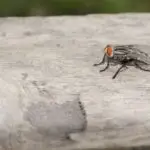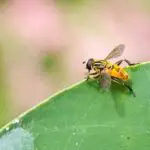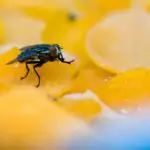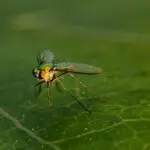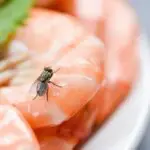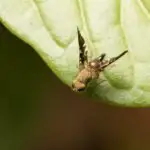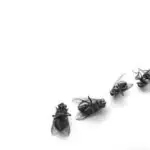Why Flies Are Important
While many people associate flies with dirt and disease, flies are actually an important part of ecosystems. Only a few species are harmful, but the majority play a positive role in the environment. In fact, 2019 has been designated as the International Year of the Fly, which means we should better understand the importance of flies. Today, more than 100 000 species of flies have been identified around the world. Understanding how these insects contribute to the environment and human wellbeing is essential to protecting our world.
Most flies have single pairs of wings and halteres. Some have mouthparts that are similar to those of a human tongue and are used to extract nutrients from the environment. Others, like the Achias rothschildi, have heads that are essentially just eyes.
Insects are important for the environment because they provide food for plants and animals, including humans. Unfortunately, their numbers are declining rapidly. Some scientists are calling this the sixth great extinction, and they are working to protect the species. Flies are increasingly threatened by pollution and climate change, making it even more important to learn about them and protect them.
Many flies act as scavengers by consuming dead animal carcasses and other organic matter. This helps prevent a build-up of rubbish and other waste. Moreover, flies transform decomposing organic matter into valuable stock feed. They also break down fecal matter, including rotting carcasses. The decomposition process of these materials also helps the environment and releases nutrients for plants.

